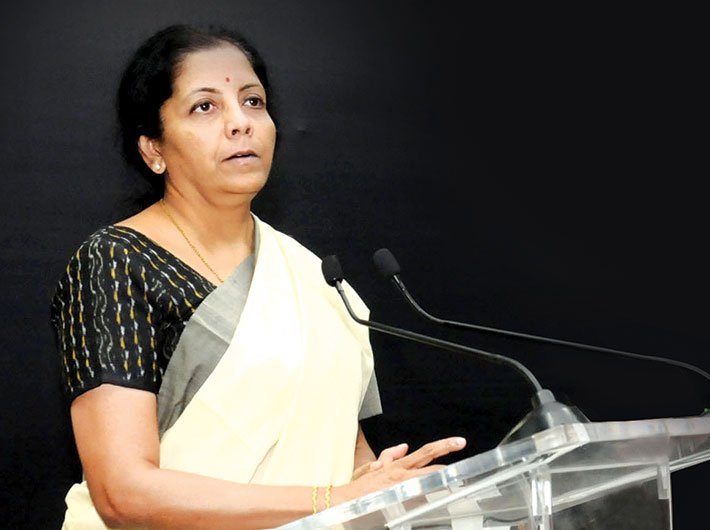The demand that the government disclose the details and value of the contract for the Rafale aircraft contracted in 2016 is unrealistic, said authorities
The government on Wednesday described as unrealistic the demand that it disclose the details and value of the contract for the Rafale aircraft contracted in 2016 and stressed that it was strictly in accordance with the defence procurement procedure in all aspects including mandating, conducting and monitoring of negotiations and seeking all necessary approvals, including that of the Cabinet Committee on Security.
It said that unfounded allegations are being made regarding the 2016 Inter-Governmental Agreement (IGA) to procure 36 Rafale aircraft in fly-away condition from France. This would normally not have merited a response but for the serious damage being caused by the misleading statements, sought to be repeatedly perpetrated on a serious matter of national security.
It ought to be remembered that it was under the ten-year tenure of the previous Government at the Centre that the earlier initiative of 2002 to meet requirement of the Indian Air Force (IAF) for much needed augmentation of its fighter strength ran aground. In 2012, the then defence minister exercised an unprecedented personal veto on the laid down institutional process then underway for procurement of 126 Medium Multi-Role Combat Aircraft (MMRCA). All this happened when there was an alarming decline in IAF’s fighter strength, authorities added.
Also read: Our cover story from Feb 2012, Vol 3 Issue 2
In another effort to twist facts, the government is asked why it did not conduct negotiations with a particular company representing a competing fighter aircraft. It seems to have been conveniently forgotten that the then government itself had rejected that company’s unsolicited offer made days after closure of the bid process, declared Rafale (DA) as the L1 bidder and had commenced negotiations with it in February 2012, said authorities.
The demand that the government disclose the details and value of the contract for the Rafale aircraft contracted in 2016 is unrealistic. [In keeping with confidentiality requirements, the UPA Government had also expressed its inability to disclose the price of various defence procurements, including in its responses to Parliament Questions]. The approximate acquisition cost of the Rafale aircraft has already been provided to the parliament. Provision of exact item-wise cost and other information will reveal, inter alia, details regarding the various customizations and weapons systems specially designed to augment the effectiveness and lethality of the assets, impact our military preparedness and compromise our national security. Such details would also come under the ambit of the security agreement signed in 2008. Thus, in not revealing the item-wise details of the contract, the government is merely following in letter and spirit the confidentiality provisions of a bilateral India-France Agreement of 2008 signed by the previous government, it noted.
As doubts are sought to be created about the 2016 contract for 36 aircraft, it is once again strongly reiterated that the deal secured by the government is better in terms of capability, price, equipment, delivery, maintenance, training, etc., than that notionally negotiated by the then government in a process it could not conclude in ten years. Moreover, the present government completed these negotiations in just about one year, it was reiterated.
It is also stressed once again that the procurement of 36 Rafale aircraft through an Inter-Governmental Agreement (IGA) with France to meet the urgent need of the IAF is strictly in accordance with the Defence Procurement Procedure in all aspects including mandating, conducting and monitoring of negotiations and seeking all necessary approvals, including that of the Cabinet Committee on Security, before entering into the IGA. The aircraft had already been evaluated successfully by IAF during 2009-10.
It may also be noted that contrary to the impression sought, to be created by the Opposition, in the earlier proposal to procure Rafale, which ended in a stalemate, there was no provision for transfer of technology but only to manufacture under licence. The government was unable to agree on the terms for even that in its negotiations with the vendor, resulting in the long-drawn exercise under the earlier Government ultimately turning futile. Further, no Indian Offset Partner for the 2016 deal for 36 Rafale Aircraft has been so far selected by the vendor (DA) because as per the applicable guidelines, DA is free to select the Indian Offset Partners and provide their details at the time of seeking offset credits, or one year prior to discharge of offset obligation, said authorities.
